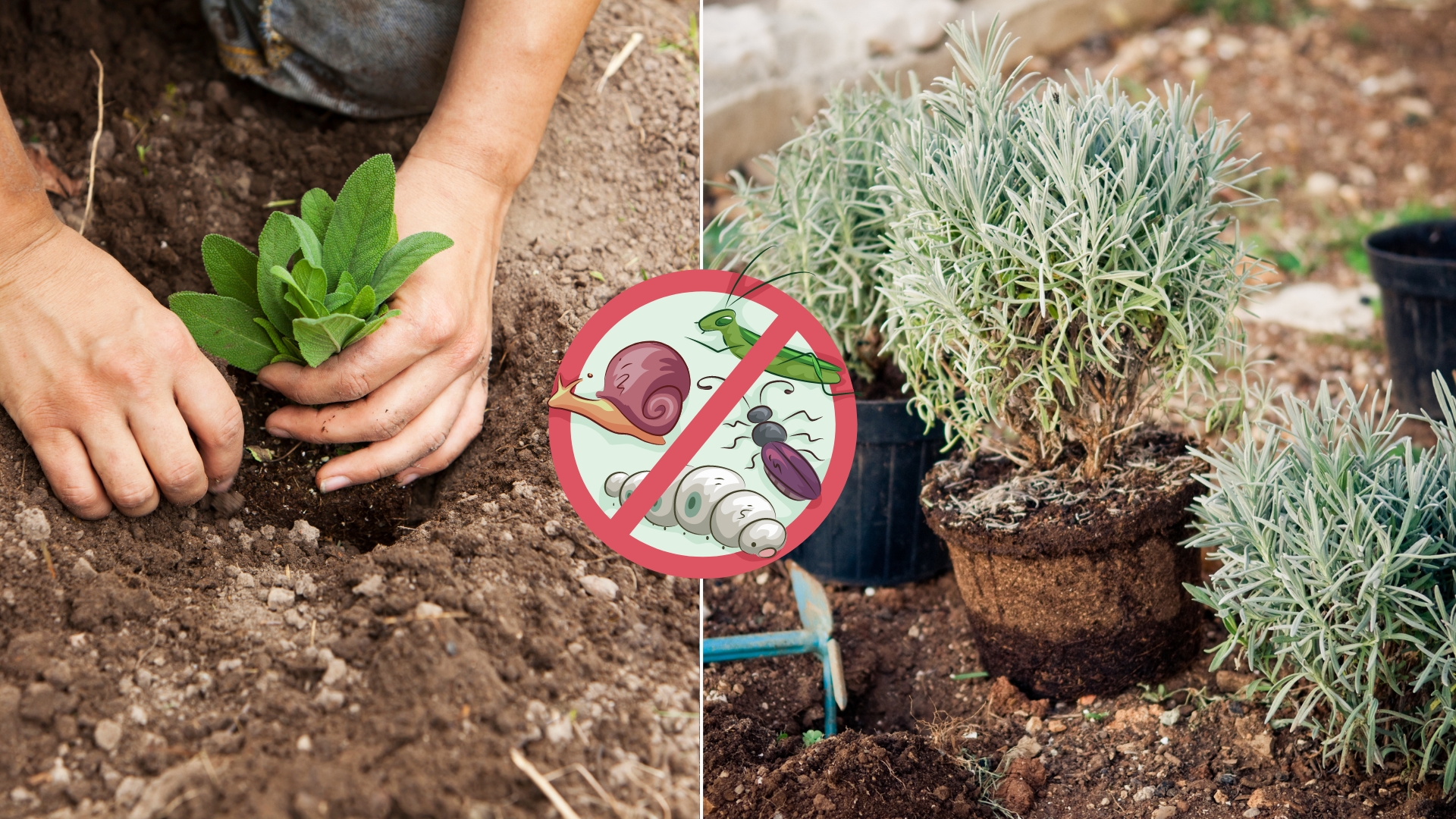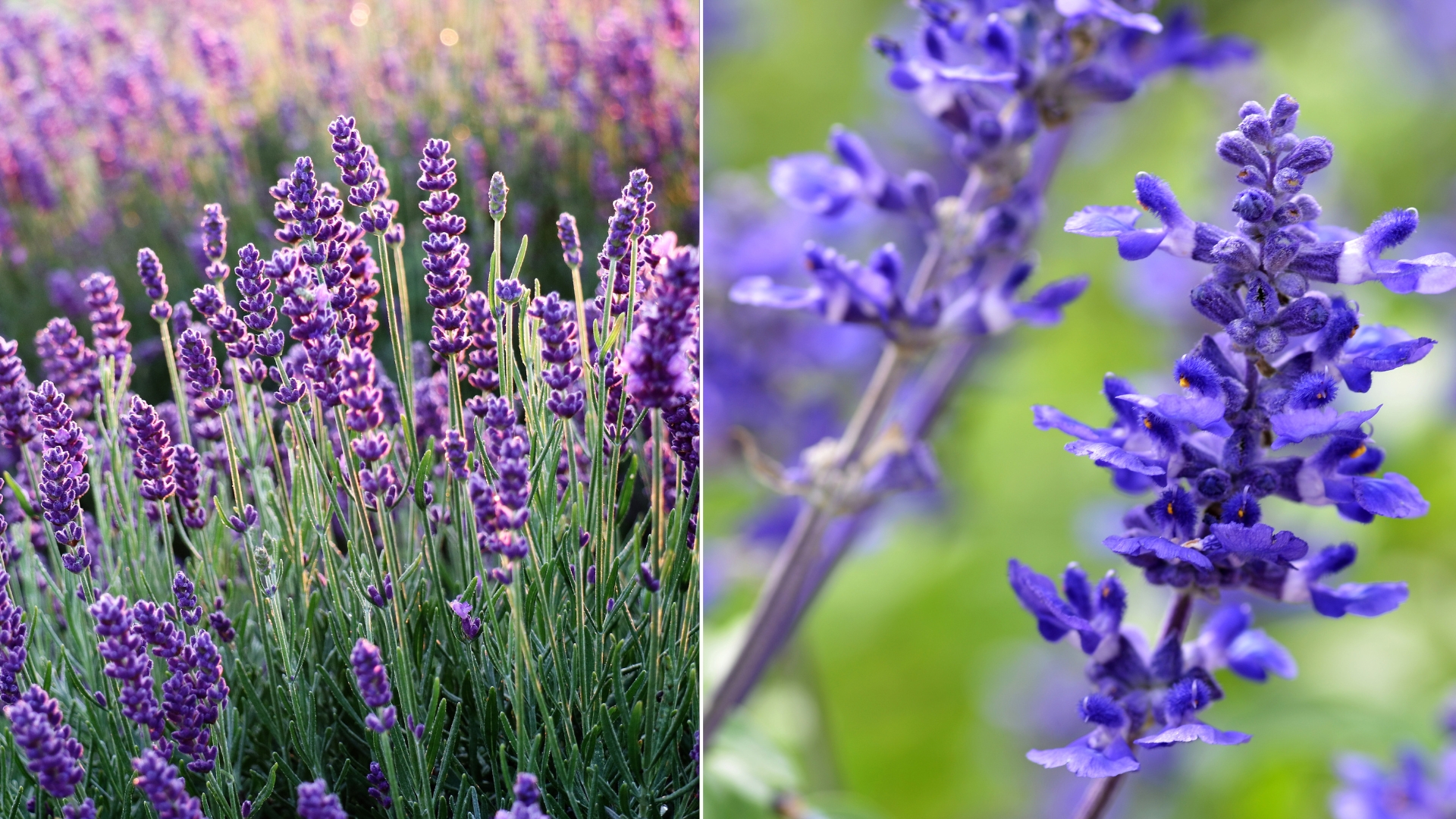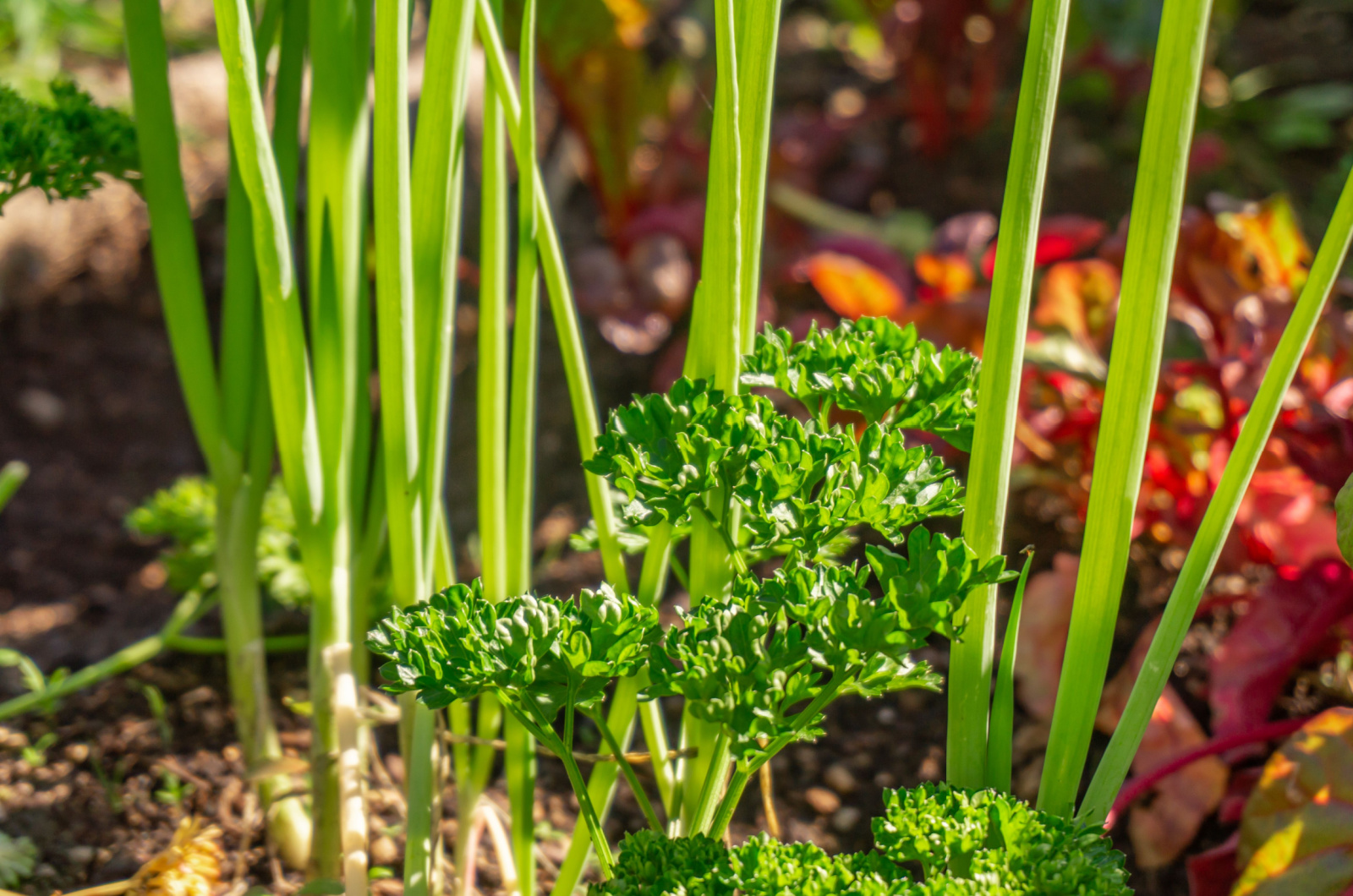It seems as though insects and pests always find their way into our gardens; and once they’re in, they devour our newly grown plants, trees, shrubs, and flowers!
But did you know that certain planting methods can prevent pests from eating your garden?
That’s right, instead of using various insecticides and pesticides that could potentially harm your plants, you can try this unique planting method to keep the pests away.
In this article, we are going to talk more about pests and how to prevent them from munching on our plants. Let’s create a pest-resistant garden that blossoms beautifully!
Planting To Deter Pests
You’ve probably heard of growing tall grass to ward off pests; however, this can do more harm than good.
Planting tall grass around the edges of your garden or around generic plants is not as beneficial because they can nourish insects before they enter and reach your cherished plants and flowers.
What you should plant instead are strongly-scented plants, like jasmine, rose, lavender, sage, etc. – these fragrant plants will deter insects all together!
Create rings of plants, starting with less valuable ones and progressing to more valuable ones; this will form a barrier for stubborn pests trying to enter!
Mint is definitely one of the most effective scented plants that can ward off pests. However, you have to keep it in control because it spreads easily and can smother other plants in your garden.
Instead, you can put mint in jars and place them all over your garden. Keep in mind that menthol, a compound found in mint, is an important ingredient in almost every pesticide. Plus, it will help keep mice at bay!
Related: Can Lavender Ward Off Rats From Your Home And Garden
Growing Flowers And Vegetables Is The Key To Success
In addition to growing strongly-scented plants and forming a barrier, you can also combine different plants to achieve better growth and pest protection – this is the basis of companion planting.
For instance, flowering plants such as marigolds have pest-repellent properties; these flowers can keep the pests away and at the same time attract pollinators.
Lavender, renowned for repelling insects like mosquitoes, can be paired with other plants to enhance their growth.
Good companions, like basil and tomato or onions and chives, can be planted together in a vegetable garden to protect crops and ensure a successful harvest.
Basil can protect tomatoes from hornworms, and onion and chives both have strong fragrances which pests are not so keen on.
Therefore, you can use some of these pest-repelling plants to protect your garden veggies and encourage better growth!
Also read: Watch Out For These 15 Common Garden Pests!



